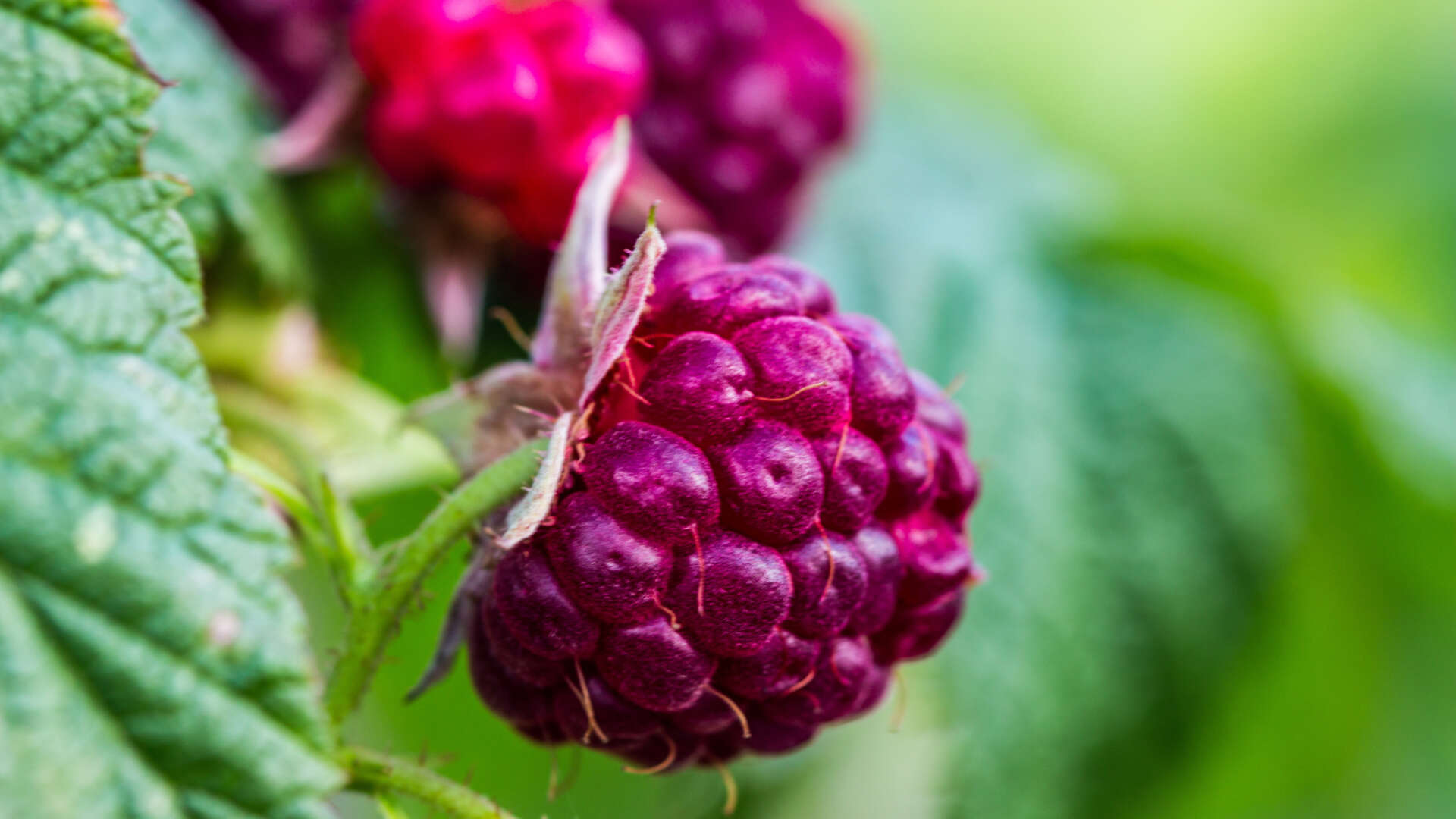Harvesting and storing fruit
Harvesting and storing fruit

The right conditions are crucial for the successful storage of any crop, and the produce itself needs to be in perfect condition – no blemishes, or breaks in the skin. It is easy to bruise fruit and veg as you harvest them, and once they are no longer growing they have no means to heal.
Different crops need different storage conditions. You can also freeze many fruit and vegetables.
Apples
It is essential to pick and handle apples with care. Only store perfect fruits. Store in cool, dark, and slightly damp conditions. Either place fruits on vegetable crates or slats – taking care they do not touch each other or wrap each apple in paper ensuring the fruit is completely covered and put gently into boxes. In all cases, check fruit regularly and remove any bad or diseased ones.
Crab apples
Fruits ripen from October to early November- and the colder temperatures make them soft and sweet. Pick one and slice in half to test ripeness: the seeds should be dark in colour. Best stored in the fridge, always cook before eating. You can make them into a compote or jelly to freeze. Leave some fruit for birds as they're a great food source for birds in winter.
Pears
Can be difficult to store well for any length of time. As with apples, it is essential to pick and handle them with care. Pick just before fully ripe and store in cool conditions without touching or wrapping, on slatted shelves.
For further examples of storage for individual vegetables and fruit see The HDRA Encyclopaedia of Organic Gardening (Dorling Kindersley).
Freezing
Apples, pears, and plums should be stewed before freezing.
Strawberries do not freeze well – they go mushy when thawed – but raspberries can be quickly frozen individually on trays, before bagging up.